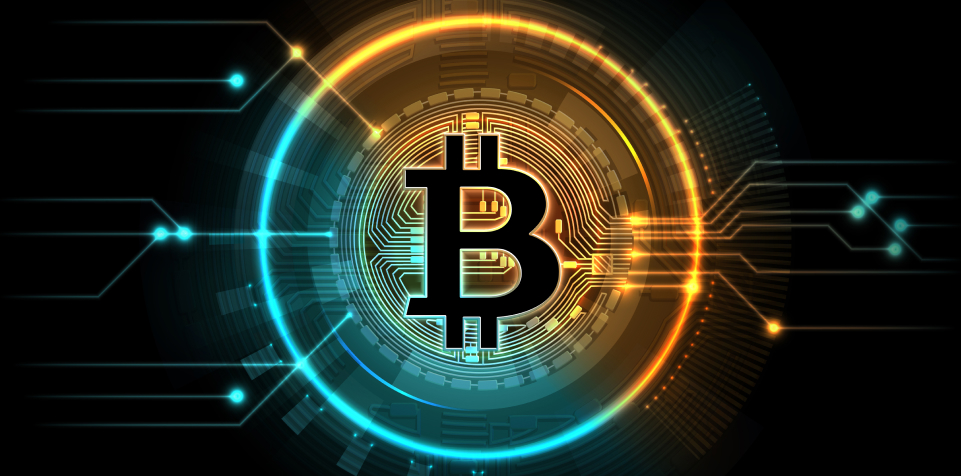How crypto mining helps the real world!
February 24, 2025

Table of Contents
Mining strengthens the blockchain network by validating transactions and securing the networks.
Cryptocurrency is a digital or virtual currency that uses cryptographic techniques for security. Unlike traditional currencies issued by governments (fiat currencies), cryptocurrencies operate on decentralized networks based on blockchain technology.
Cryptocurrency and blockchain are inherently linked because cryptocurrencies rely on blockchain as their underlying technology. A blockchain is a distributed ledger that records all cryptocurrency transactions in a secure, transparent, and immutable way.
When a cryptocurrency is mined, the publisher (creator or organization behind it) can benefit in several ways. These benefits largely depend on the design of the cryptocurrency and its tokenomics (economic model).
Cryptocurrency and blockchain technology solve many real-world challenges across industries, including finance, supply chain, healthcare, governance, and digital identity. Let’s explore how they address some of the most pressing problems.
Problem:
- Over 1.4 billion people worldwide lack access to traditional banking services.
- High transaction fees, long processing times, and banking restrictions create financial barriers.
- International money transfers (remittances) through banks take 3-7 days and have high fees (5-10%).
- Credit card transactions also have middlemen fees.
- Fraud, counterfeiting, and lack of transparency in supply chains.
- Consumers can’t verify product origins (e.g., food, medicine, luxury goods).
- $8.8 billion was lost to fraud in 2022 (identity theft, credit card fraud, Ponzi schemes).
- Centralized databases can be hacked, exposing user data.
- Many election systems suffer from fraud, vote manipulation, and lack of transparency.
- Over 1 billion people lack proper identification, preventing access to services.
- Traditional contracts are slow, costly, and require lawyers.
- Trust issues exist in business agreements and freelancing.
- Players don’t own in-game assets; they are controlled by game companies.
- Fraud in digital asset trading.
- Fake medicines kill thousands of people each year.
- Medical records are not easily shared across hospitals, delaying treatment.
- Property fraud and title disputes are common.
- Buying property involves expensive legal fees and paperwork delays.
Crypto Mining plays a crucial role in securing a blockchain network and ensuring the validity of transactions. It does this through transaction validation, network security, decentralization, and preventing fraud. Let’s break it down:

Transaction Validation: Ensuring Only Legitimate Transactions Are Added
- Miners collect pending transactions from the network and validate them.
- Each transaction must meet the network’s rules (e.g., the sender must have sufficient balance, correct digital signatures).
- Only valid transactions are included in a new block and added to the blockchain.
Benefit: Prevents double spending, ensuring no one can use the same cryptocurrency twice.
Securing the Network: Proof of Work (PoW) Mining Prevents Attacks
- Miners compete to solve a cryptographic puzzle using computational power (PoW mechanism).
- The first miner to solve the puzzle adds the block to the blockchain and receives a block reward.
- Since solving the puzzle requires significant computational power, malicious actors cannot easily alter past transactions.
Benefit: 51% attack prevention – No single entity can control the network unless they own the majority of the mining power.
Decentralization: Eliminating Single Points of Failure
- Mining ensures the blockchain operates without central authority.
- Thousands of miners worldwide contribute computational power, making it highly distributed and resilient.
- Unlike traditional banks, where transactions rely on a single server or institution, blockchain transactions are validated by miners worldwide.
Benefit: No central point of failure – Even if some miners go offline, the network continues to function

Preventing Fraud and Ensuring Immutability
- Once a transaction is added to the blockchain, it is extremely difficult to alter.
- To change a transaction in an older block, an attacker would need to recompute the cryptographic puzzle for that block and all subsequent blocks.
- This requires enormous computational power, making it practically impossible.
Benefit: Transactions are permanent and tamper-proof, ensuring a trustless and secure system.
Consensus Mechanism: Maintaining Agreement Across the Network
- Miners compete to solve cryptographic puzzles to validate transactions.
- Once a block is mined, it is broadcasted to all network participants for verification.
- Other miners agree on the block’s validity through a consensus mechanism, ensuring that all copies of the blockchain remain synchronized and identical.
Benefit: Prevents conflicts and ensures all users have the same version of the blockchain.

Solutions by Blockchain:
Decentralized Finance (DeFi)
- Cryptocurrencies allow anyone with internet access to send, receive, and store money.
- No need for banks—people can use crypto wallets to store and transfer funds.
- Stablecoins (e.g., USDT, USDC) provide financial stability for those in inflation-prone countries.
- DeFi platforms enable loans, savings, and insurance without banks.
Example:
- Bitcoin & Ethereum provide financial services to people in countries with weak banking systems.
- El Salvador made Bitcoin legal tender, allowing citizens to transact without a bank.
Faster & Cheaper Payments
- Cryptocurrencies allow instant cross-border payments with lower fees (less than 1%).
- Transactions settle in seconds to minutes instead of days.
Example:
- Ripple (XRP) enables fast international transactions with almost no fees.
- Bitcoin Lightning Network processes transactions in milliseconds for micro-payments.
Supply Chain Tracking
- Companies use blockchain to track goods from production to delivery.
- Customers can scan a QR code to see the full history of a product.
- Prevents fraud, ensures ethical sourcing, and increases trust.
Example:
- IBM Food Trust uses blockchain to track food safety (e.g., Walmart tracks lettuce to prevent contamination).
- VeChain ensures authenticity of luxury products, preventing counterfeits.
Immutable & Secure Transactions
- Blockchain transactions are tamper-proof and cannot be altered once recorded.
- Eliminates fraud in voting, financial transactions, and identity verification.
Example:
- Immutable records prevent fraudulent activities in banking and elections.
- NFTs & smart contracts ensure authenticity of digital assets and protect intellectual property.
Smart Contracts
- Self-executing contracts that automatically execute when conditions are met.
- No middlemen, reducing costs and increasing efficiency.
Example:
- Ethereum’s smart contracts power DeFi, insurance, and escrow agreements.
- Aave & Compound allow decentralized lending with automated smart contracts.
Secure & Transparent Healthcare Data
- Patients own blockchain-based medical records, accessible by authorized doctors.
- Pharmaceutical supply chains track genuine drugs from manufacturers to patients.
Example:
- MedRec & Solve.Care secure patient data sharing on blockchain.
- Moderna & IBM use blockchain to verify COVID-19 vaccine authenticity.
Tokenized Real Estate & Digital Ownership
- Property titles stored on blockchain prevent fraud.
- Tokenization allows fractional ownership, making real estate investments easier.
Example:
- Propy & RealT tokenize real estate, allowing partial ownership via blockchain.

Final Thoughts: Why Blockchain & Crypto Matter?
Decentralization eliminates intermediaries.
Faster transactions reduce costs & delays.
Security & transparency prevent fraud and corruption.
Smart contracts automate business and legal processes.
Global accessibility empowers people worldwide.
Blockchain is already transforming industries!
Share on






